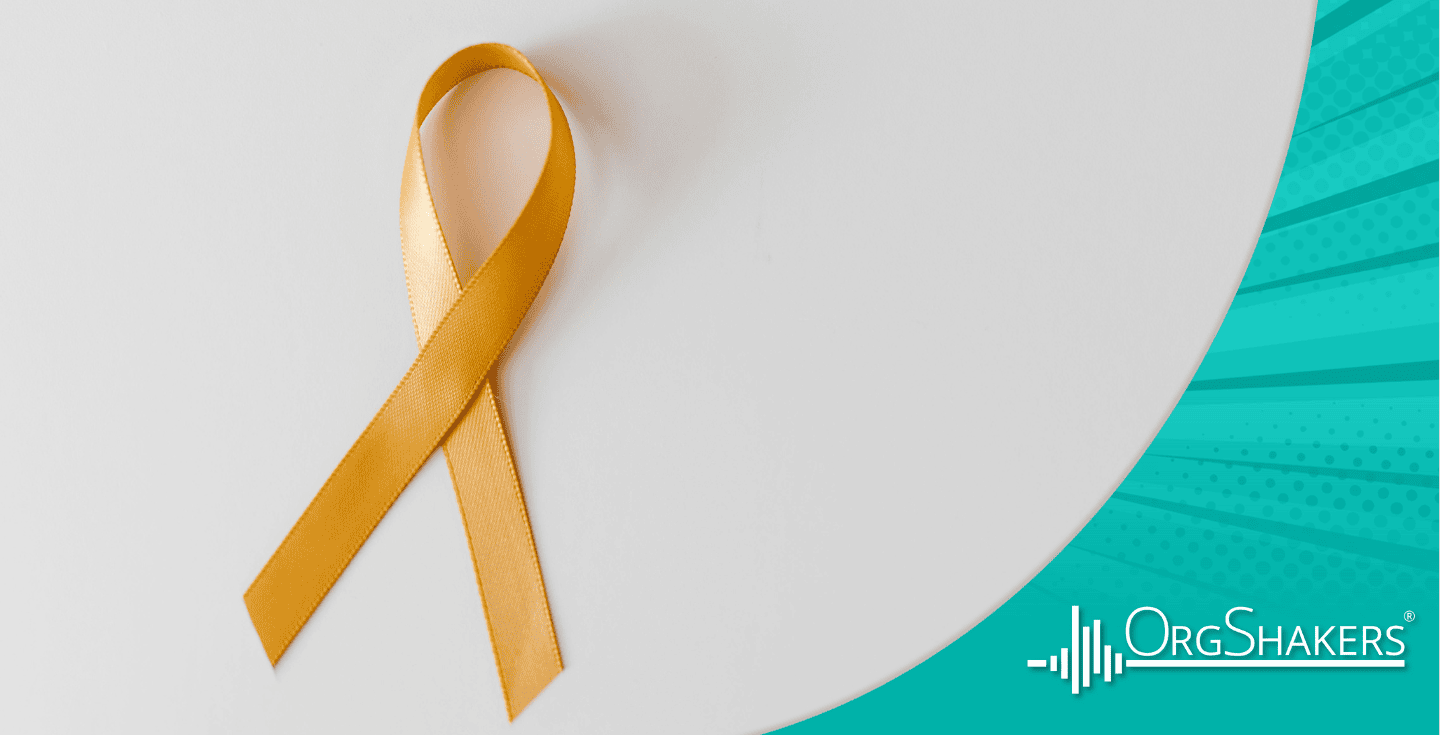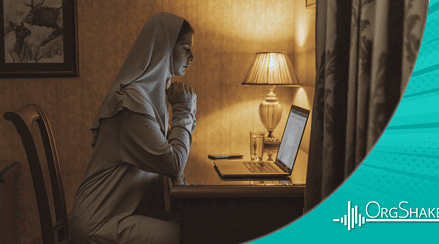Menu

World Suicide Prevention Day 2025: The Role of Employers in Saving Lives
Every year on September 10th, World Suicide Prevention Day reminds us of a sobering truth: suicide remains one of the leading causes of death worldwide. The World Health Organization reports that more than 700,000 people die by suicide each year, and for every person who dies, many more attempt it or struggle silently with suicidal thoughts.
For employers, this is not an issue that can be kept at arm’s length. The workplace is where most people spend a significant portion of their lives, and it can either be a place of stress and silence, or a place of support and connection. On this day, HR professionals and leaders are called to reflect: what role can we play in prevention?
Why Suicide Prevention Belongs in the Workplace
Mental health is inseparable from workplace culture. Research shows that employees experiencing poor mental health are:
- Less engaged and more likely to be absent
- At greater risk of burnout and turnover
- More likely to suffer from decreased performance and strained workplace relationships
But beyond the business case, there is the human one. Colleagues are not just workers – they are parents, friends, siblings, and children.
By actively supporting mental health, organisations have a chance to protect lives and create environments where people feel safe to speak up before reaching crisis point.
How Employers Can Support Suicide Prevention
1. Create a Culture of Openness
Stigma remains one of the biggest barriers to prevention. HR leaders can set the tone by encouraging open conversations about mental health, training managers to recognise early warning signs, and reassuring employees that asking for help will never be judged.
It goes beyond sucidal thoughts, providing openness for those suffering with mental health, and enacting mental health first aiders within the workplace can help colleagues become open to those they trust within their business function.
2. Provide Visible Resources
Employee Assistance Programmes (EAPs), mental health first aiders, and clear signposting to crisis support services (such as helplines and counselling) should be visible and regularly communicated. The message should be simple: help is here, and it is accessible.
3. Train Managers in Compassionate Leadership
Managers often sit on the front line. Equipping them with the skills to spot changes in behaviour, approach sensitive conversations, and guide employees toward professional help is critical. Compassion and early intervention can save lives.
4. How to Build Workplaces That Protect Wellbeing?
Flexible working, manageable workloads, and psychologically safe team environments reduce some of the key risk factors for suicide: chronic stress, isolation, and feelings of helplessness.
Being an understanding and flexible employer creates an environment in which everyone within the organisation feels safe to speak their mind.
5. Mark World Suicide Prevention Day With Action
Use this day not only to raise awareness but also to commit to tangible change — whether that means hosting a workshop, sharing resources across the organisation, or reviewing wellbeing strategies through the lens of suicide prevention.
Show the workforce you’re ready to embrace and tackle the issue surrounding mental health, suicide and creating a culture of speaking up when we’re feeling down.
Important Resources to Share
If you or someone you know is struggling, support is available right now:
United States
- 988 Suicide & Crisis Lifeline – Call or text 988 (24/7, free, confidential)
- Crisis Text Line – Text HOME to 741741
United Kingdom
- Samaritans – Call 116 123 (24/7, free)
- Mind – Visit mind.org.uk for resources and helplines
- SHOUT – Text SHOUT to 85258 (free, confidential text support, 24/7)
Worldwide
- Visit findahelpline.com to locate crisis support in your country.
Final Word
World Suicide Prevention Day is a reminder that every conversation matters. Every safe space we create in the workplace matters. And every policy that prioritises people’s mental health matters.
Employers are uniquely positioned to make a difference — not just for productivity, but for the lives of the people who walk through their (virtual or physical) doors each day.
If you would like to discuss how we can help your organisation build a culture of support for mental health and safety, please get in touch with us today.



